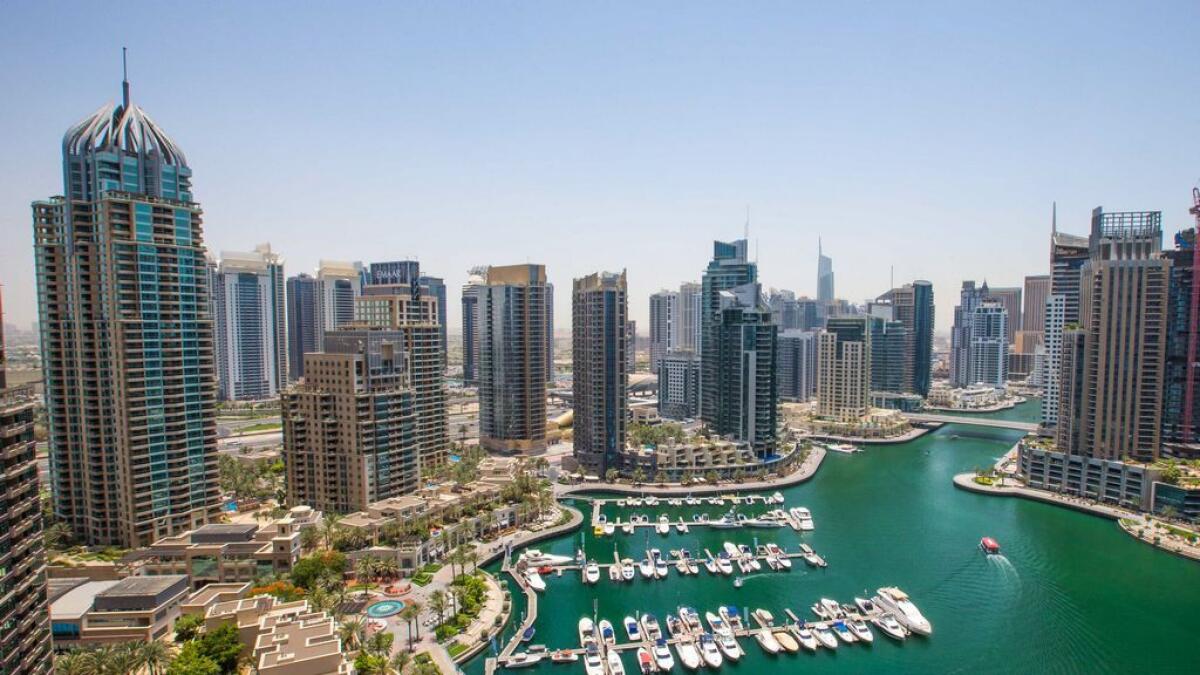Short-term rentals in Dubai are experiencing a boom, with a 30 percent increase in demand compared to last year. The surge in popularity is reshaping the rental market and offering strong returns for property owners, as well as attractive accommodation options for visitors. According to Myles Rothwell, Managing Director at Edwards and Towers, short-term rentals can provide investor returns up to 20 percent higher than traditional leases, making them a lucrative option. In contrast, long-term rentals offer a steady income with an average annual yield of 7 percent.
In terms of finding the ideal short-term rental, thorough research is key. Cherif Sleiman, chief revenue officer at Property Finder, emphasizes the importance of selecting properties in lifestyle-oriented communities with vibrant assets and good connectivity. This allows for unique experiences curated by diverse hosts, attracting both renters and investors looking for high returns. Areas such as Business Bay, Arjan, Jumeirah Village Circle, Downtown Dubai, Palm Jumeirah, and Damac Hills are particularly popular for short-term rental options, offering world-class amenities and trendy communities.
As Dubai continues to establish itself as a luxury travel destination, families and groups are increasingly opting for larger holiday homes over multiple hotel rooms, driving up demand for vacation villas and spacious apartments. Anthony Joseph Abou Jaoude, Founder and CEO of Primestay, notes that Dubai’s vibrant tourism scene ensures strong demand for short-term rentals, providing landlords and investors with a steady and profitable income stream. With winter approaching, the city anticipates a surge in visitors with diverse tastes and preferences, creating opportunities for investors to maximize their property values.
Nina Klishevich, General Manager at Blueground, predicts a wave of consolidation in the short-term rental market, with some operators scaling up to manage larger properties while others may exit the market. Tighter government regulations are expected to ensure compliance with licensing and guidelines, while technological advancements like AI-driven tools and smart home features will enhance guest experiences and operational efficiency. Moving forward, there is a growing demand from digital nomads seeking flexible, short-term accommodations, further fueling the market growth.
Investors looking to capitalize on the short-term rental segment should focus on regulatory clarity and compliance, technology integration, sustainability initiatives, and using trusted platforms to showcase their properties. By ensuring compliance with regulations, implementing smart home technology, promoting sustainability, and leveraging global property search platforms, investors can attract a wider audience and maximize their returns in the booming Dubai short-term rental market. The future of the industry looks promising, with ongoing growth and opportunities for both landlords and visitors seeking unique accommodation experiences in the city.











